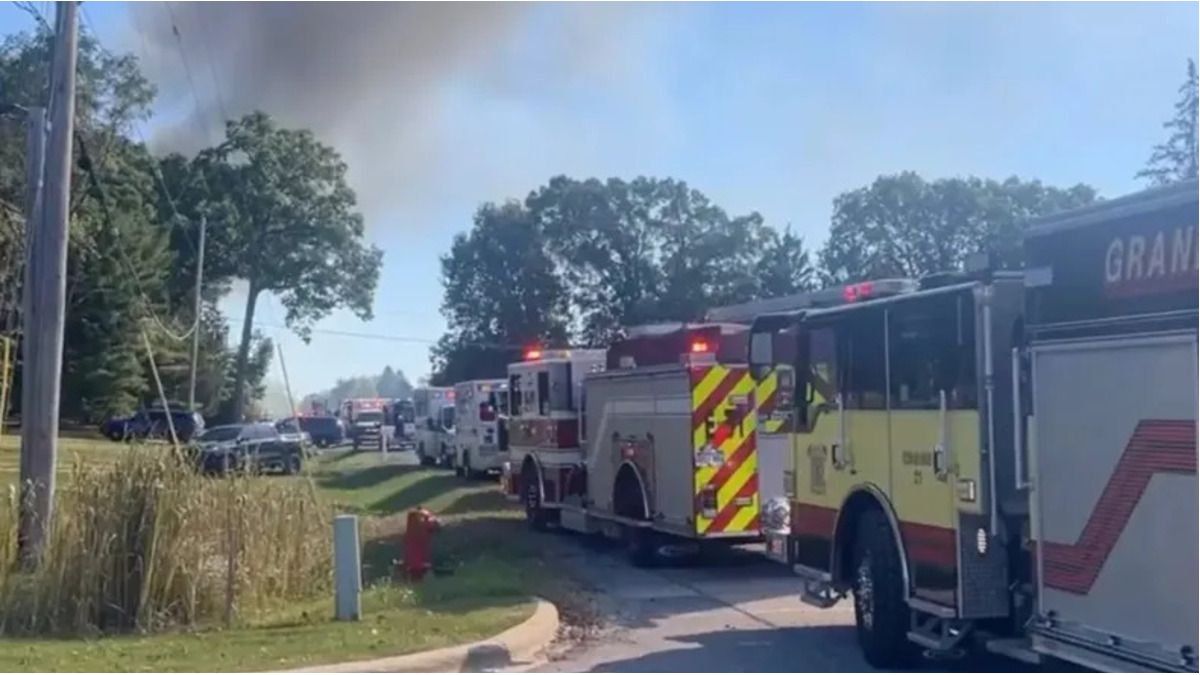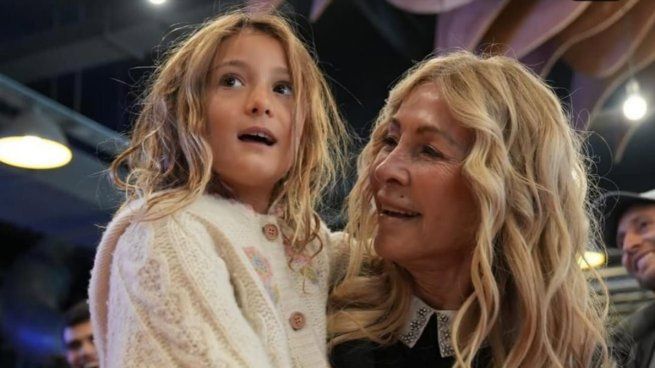For people in Germany who have friends and relatives in Ukraine, the war in the country is very close. This also applies in particular to the Jewish communities in this country.
The images from Ukraine of burned-out houses, tank columns and refugees who are only on the road for days with the bare essentials have triggered horror and sympathy in many people.
They are unbearable for those who are now worried about friends and relatives, former neighbors, classmates and work colleagues. This applies in a very special way to the Jewish communities in Germany, which are characterized by immigration from the former Soviet Union. According to the Frankfurt-based Central Welfare Office for Jews in Germany, 45 percent of the members of the Jewish community in Germany have Ukrainian roots. For them, the war is not far away, but very close.
concern and help
«We are all deeply concerned about the situation in Ukraine. Many of our community members are originally from Ukraine and some still have family and friends in the area,” says Michaela Fuhrmann from the Jewish Community in Frankfurt. “We are currently receiving concerned reports and inquiries from community members whose relatives are fleeing. Of course we want and will help where we can.”
The sports club Makkabi, well connected with its partner organizations in Europe including Ukraine, has set up an aid network to help refugees and those who have managed to get out of Ukraine to continue their journey and to get a roof over their heads. Just a few days after the start of the war, 13 “Maccabees” from Romania reached Vienna, Nuremberg and Frankfurt. However, the demand is enormous and often exceeds the possibilities.
“The day after this first action, I suddenly had 700 inquiries on WhatsApp,” reports Boris Schulman from the Frankfurt Makkabi board. His parents immigrated from Ukraine themselves when he was a young child. “We’re doing what we can, but we’re reaching our limits.”
give support to the community
Avraham Yitzchack Radbil, the community rabbi of Constance, also came to Germany from the Ukraine as a child. He still has relatives living in western Ukraine and friends in Kyiv, with whom he communicates daily as best he can via WhatsApp messages and emails. «People in Ukraine know about the solidarity and helpfulness that their country experiences all over Europe. It’s very important to them,” he says. As in the Frankfurt congregation, his congregation had a special prayer for peace during the Shabbat service after the Russian attack on Ukraine.
The rabbi is currently in great demand as a pastor, as a comforter and encourager, particularly among members of the community who have close ties to Ukraine. “There are many people here who have spent more than half their lives in Ukraine,” he says. “Of course they have ties there, old friends, colleagues, classmates, but also relatives who stayed behind.”
But these are more private, individual conversations between parishioners and rabbis. “In public community life we don’t talk about politics.” Because just as many parishioners came from Ukraine, many also came from Russia. “There are many who only watch Russian television – and therefore have a completely different picture of what is happening in Ukraine.”
fates
Not only private messages should give the people in Ukraine strength and the knowledge that they are not forgotten. “We are currently working in eastern Ukraine and in Kyiv and offer psychosocial support, primarily through telephone hotlines,” says Aron Trieb from the aid organization IsraAid. “In addition, we are in the process of organizing food aid for Kyiv and eastern Ukraine.”
Local workers on site have reported many dead and injured in the attacks. “People are buried because they want to get to safety in the basements of the buildings and are then partially buried by collapsing buildings.”
The uncertainty about the fate of people with whom he was just in contact also torments Boris Schulman. For hours he had repeatedly exchanged messages with a family of four who wanted to cross the Ukrainian-Romanian border and hoped for help with their onward journey. However, since one of the sons was over 18, he was not allowed to leave the country. “The mother then decided that they would all stay in Ukraine together and look for a safe place,” says Schulman. “In the last message she wrote that they were in a field and there was a bombardment. I haven’t heard from them since.”
Source: Stern
David William is a talented author who has made a name for himself in the world of writing. He is a professional author who writes on a wide range of topics, from general interest to opinion news. David is currently working as a writer at 24 hours worlds where he brings his unique perspective and in-depth research to his articles, making them both informative and engaging.




